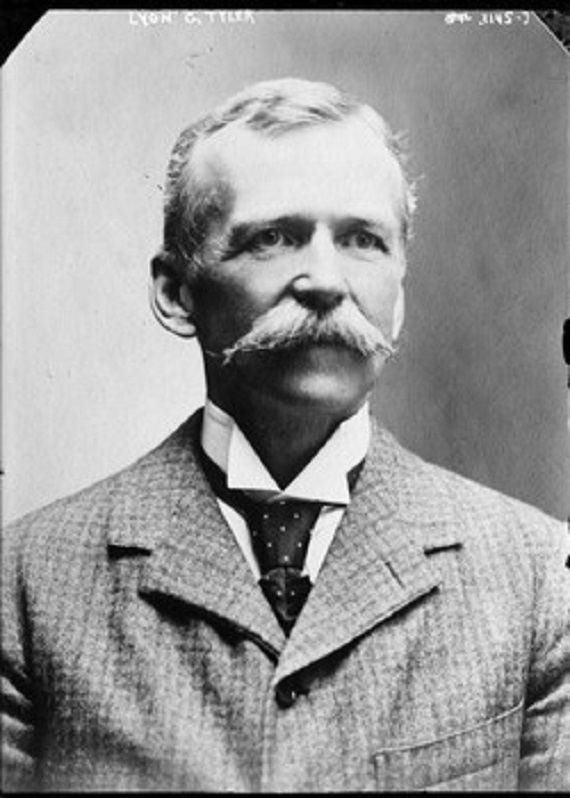
Perhaps the best part of Tyler’s piece is his explanation as to why the tariff issue was important in *1861. It was not because, as several modern historians like to suggest, the South paid more in tariff revenue than the North, but because the newly crafted Southern tariff would be less than half of the tariff of the general government, thus creating a competitive economic environment that the North would lose. Lincoln was not concerned about “losing his revenue” because Southerners were out of the Union and thus could not buy Northern manufactured goods. He was concerned about “losing his revenue” because the miniscule Confederate tariff would undercut the North and shift trade to the Southern confederacy, thus destroying the Northern economy.Delivered at the 2017 Abbeville Institute Summer School.
My G, G Grandfather - Tariff Must Be Reduced (*1845)
The attack on the so-called “lost cause” myth in American history is nothing new. Beginning in the 1950s and 60s, historians like Kenneth Stampp began a concerted effort to undermine the dominant historical interpretation of the War, namely that the War and Reconstruction had been stains on American history, that the War could have been avoided, and that slavery was only a peripheral issue in the entire conflict. Stampp privately wrote that he could never be a “negro-hating Doughface” like James G. Randall or Avery O. Craven, men whom Stampp considered to be some of the worst historians in American history. Why? Because unlike Stampp Craven and Randell did not buy the neo-abolitionist narrative of the events leading to the War. Craven, in fact, placed the War at the feet of a “blundering generation” too foolish to accept compromise to avoid bloodshed. He had no love for Southerners, but he was equally hard on Northern abolitionists. To Stampp, the War had been a moral crusade from the beginning, a conflict that began when Southerners realized the institution of slavery was doomed and the only recourse was secession. Abolitionists were the morally righteous men in white hats destined to save America from the evil slaveocracy. It did not matter that most American viewed abolitionists with suspicion in the antebellum United States, or that their tactics were less than peaceful. What matters is that they won, and the South should be viewed in a far less sympathetic light than the “blundering generation” school accepted.
More @ The Abbeville Institute

No comments:
Post a Comment